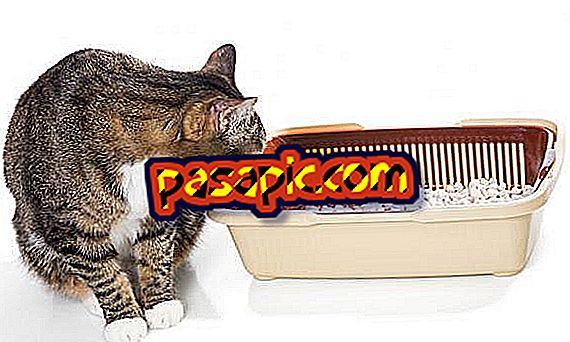What is the difference between custody and parental authority

When there is a divorce or separation from a marriage or a couple with children, we begin to use a legal terminology that, in many cases, leads to confusion. This is the case of the concepts of 'patria potestad' and 'guardia y custodia'. Both concepts will affect the family and it is very important that they be clear to parents. In .com we explain what is the difference between custody and parental authority .
The end of the state of coexistence between the parents
When a couple with children wishes to dissolve their marriage bond or terminate their relationship and living together, the law establishes a procedure for minors to be fully protected, protected and, in addition, to maintain a continuous, fair and healthy relationship with their parents and separated.
By mutual agreement or through demand, the members of the couple must accept a series of measures ratified by the judge. Among them will be arranged who or who are the guarantors of parental authority and guard and custody of the children. It is another step, such as the establishment of the visitation regime, with whom they spend certain vacations or how much it is appropriate to contribute to each parent as alimony.
Parental authority
As a general rule, and unless one of the parents is legally incapacitated for it, parental authority will be the obligation of both parents . But what is parental authority and why do you lose the right to exercise it?
Parental authority is the set of rights and obligations that parents have to their children: protection, education, food, shelter, health, training, hygiene, parenting ... In short, everything that a child needs for its full development and that he still can not procure for himself.
For many, it is enough to say that parental authority is all obligation and responsibility derived from the fact of being a father, to ensure the proper development and welfare of children.
As a general rule, parental authority falls on both parents and is only lost when a judge considers that the parent does not comply with their duties and obligations as a parent, is not qualified for it or the child has been given up for adoption. Likewise, parental authority expires with the age of majority of the children and their ability to take care of themselves.
The guard and custody
Often guard and custody and parental authority are two concepts that are confused. Once it is clear what is parental authority, we need to clarify what is the custody of children .
Fundamentally, the guard and custody refers to the person who takes care of the child, who must take care of, protect, feed and accommodate most of the time or in alternate periods. Minors will live with the person on whom custody falls and she will be in charge of taking them to school, to the doctor, feeding them, supervising their hygiene ... all without prejudice to the rights of the other parent when deciding about your son's questions.
In general, guardianship and custody has been granted to the mothers of minors. However, for some time it has become increasingly common to resort to joint custody . In this way, apart from the visitation regime, joint custody also entitles the children to stay overnight during certain alternate or successive periods of time with each of the parents. The father who has his son at that time under his roof, will be the one who holds the guard and custody, until the son returns to spend another season with the other parent.


